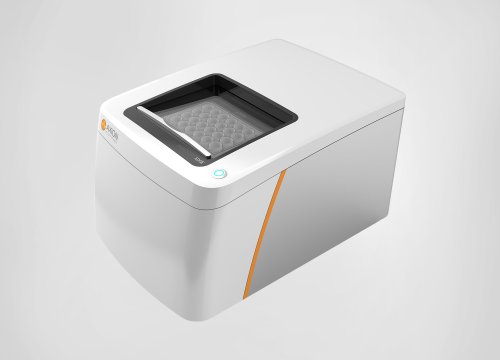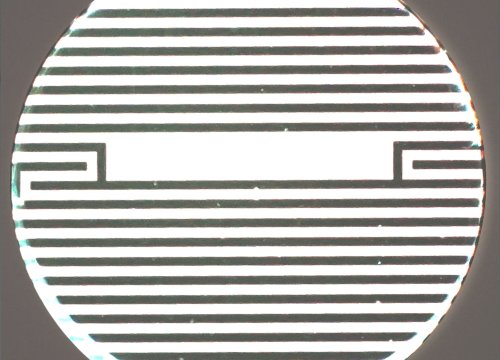Authors: Sassone-Corsi M, Azriel S, Simon A, Ramanan D, Ortiz-Lopez A, Chen F, Yissachar N, Mathis D, Benoist C
PNAS, 2022
Scientists explore the relationship between intestinal microbes and immune response using Axion’s label-free Maestro Edge platform with Impedance Module to measure TEER over time.
Gut microbiota are known to impact human health and immune response, but this relationship is not fully understood. In this study, scientists explore this complex relationship using a model “in which interaction of the host with the commensal Escherichia coli Nissle (EcN) and downstream ROR-gamma-positive T cells activation can be regulated by the presence of a bacterial capsule.”
Using Axion’s label-free Maestro Edge platform with the Impedance Module to measure TEER over time with exposure to the wild type (WT) EcN strain and a mutant lacking a capsule (ΔkfiCD), the researchers demonstrated that lack of a capsule increases damaging effects on epithelial cells in vitro. While both bacteria induced a sharp drop in TEER when initiated, the transition occurred faster with ΔkfiCD than with WT EcN. Furthermore, “the timing of the TEER drop was dose-dependent, implying a cumulative signal delivered by the microbes over time, but the faster response to ΔkfiCD was significant at all doses." These results, along with other findings from the study, illustrate the importance of the interplay between a host's immune system and intestinal symbionts.


